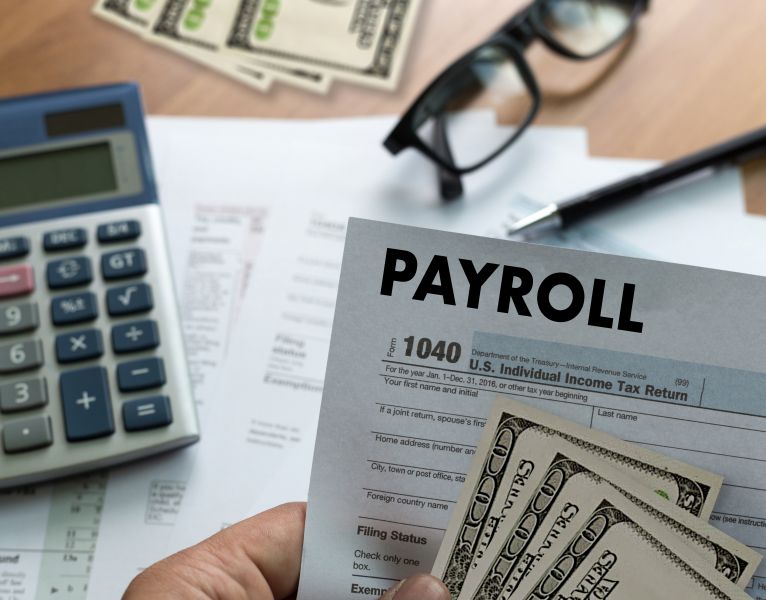Updated as of June 15, 2023
Third-Party Payroll Providers Cleared
On June 13, 2023, the U.S. Small Business Administration (“SBA”) issued new FAQ 72 (“FAQ 72”) to help clarify whether amounts paid by borrowers to third-party payers for the third-party payer’s employees to operate the borrower are considered eligible payroll expenses for the purpose of calculating the maximum loan amount under the Paycheck Protection Program (“PPP”). FAQ 72 clarifies FAQ 10 (“FAQ 10”) under the PPP, which stated, in part, that “payroll documentation provided by the payroll provider that indicates the amount of wages and payroll taxes reported to the IRS by the payroll provider for the borrower’s employees will be considered acceptable PPP loan payroll documentation.”
FAQ 72 reinforces the idea outlined in FAQ 10. Accordingly, payroll costs paid by a borrower to a third-party payer for the third-party’s employees to operate the borrower are eligible payroll costs for the purpose of calculating the borrower’s maximum loan amount under the PPP, as long as the employees were not otherwise counted towards payroll costs on a PPP loan received by the third-party payer. In other words, the standard practice of using a third-party payroll provider – or management company – that carries the payroll on its books, but at the ultimate cost and expense of the owner of the property/business does not disqualify the payroll costs from being eligible under the PPP, as long as the third party did not also claim them under the PPP.
Several hotel owners had faced adverse rulings from the SBA, including on appeal, because the SBA had not always accepted a management company’s employees as the owner’s employees, but based on this new FAQ 72, borrowers who have received an adverse determination should reach out to the SBA’s Office of Hearings and Appeals for reconsideration. We understand that more concrete steps are being developed and will update this alert when we have them.
501(c)(3) Nonprofits
The SBA also added additional guidance for 501(c)(3) nonprofit organizations through FAQs 70 and 71.
FAQ 70 clarified confusion regarding whether 501(c)(3) nonprofit lenders were eligible for PPP loans and forgiveness. It states that 501(c)(3) nonprofit lenders are eligible for forgiveness of their PPP loans, provided that the 501(c)(3) nonprofit lender has complied with all applicable PPP rules, other than 13 CFR 120.110(b)[1] as incorporated into the PPP rules.
FAQ 71 clarified whether 501(c)(3) nonprofit organizations with more than 500 employees in multiple physical locations are eligble for PPP loan forgiveness if they received a PPP loan before the size eligibility requirements for such organizations were amended pursuant to the American Rescue Plan Act (ARPA), enacted on March 11, 2021[2]. It states that any 501(c)(3) nonprofit organization that received a PPP loan before March 11, 2021, but submitted a forgiveness application on or after March 11, 2021, will not be ineligible for forgiveness on the basis that such organization has more than 500 employees in multiple physical locations.
For a more complete guide on PPP in general, please see our client alert, Paycheck Protection Program – Where Are We Now, a leading resource on the Paycheck Protection Program.
[1] 13 CFR 120.110 provides in pertinent part that “non-profit businesses” and “financial businesses primarily engaged in the business of lending” are ineligible for SBA business loans.
[2] The ARPA increased the size eligibility standard for 501(c)(3) nonprofit organizations for First Draw PPP loans from a total of 500 or fewer employees to no more than 500 employees per physical location of the 501(c)(3) nonprofit organization.
